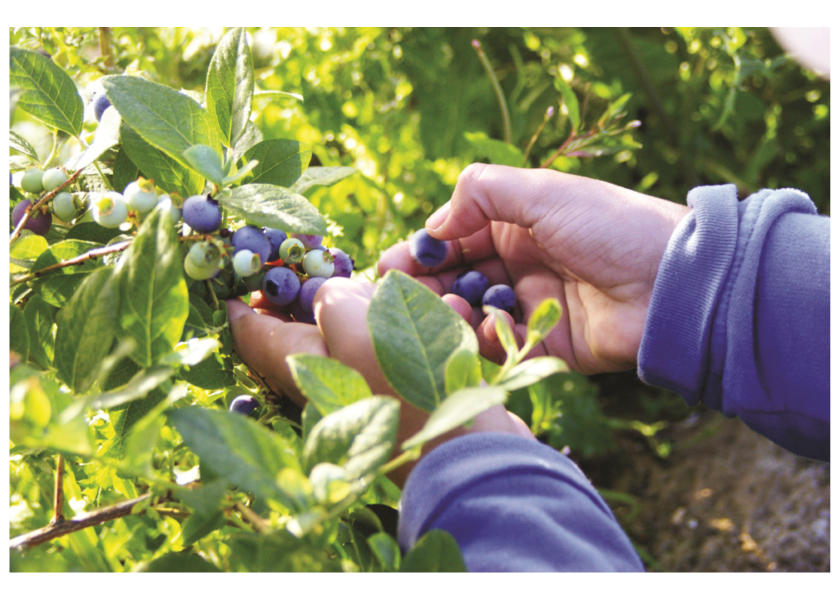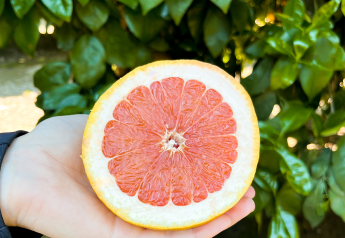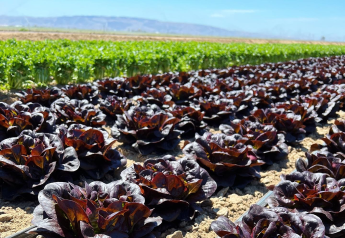Blueberry groups spar over effects of imports during ITC hearing

The International Trade Commission took hours of testimony on whether imported blueberries harm the livelihoods of domestic growers, with dozens of stakeholders on either side sparring over what does — or doesn’t — affect prices in the U.S. blueberry market.
The Jan. 12 videoconference hearing featured dozens of growers, importers, academics, legislators, trade groups and other stakeholders speaking for and against an investigation on imported blueberries requested by U.S. Trade Representative Robert Lighthizer.
The hearing came just days after the ITC agreed to Lighthizer’s request for a similar investigation into the effects of cucumbers and squash imports on domestic growers. Other recent investigations focus on imported strawberries and bell peppers.
The ITC’s recommendations from the investigations will be go to the Biden administration.
While blueberries from Mexico were a primary target of the testimony favoring the investigation, rising imports from Peru, Chile, Argentina and Canada were mentioned during the hearing. And while Southeast U.S. growers have been vocal about the effects of imports of blueberries, tomatoes, strawberries and other produce, the blueberry hearing also featured testimony about Michigan and California production.
Florida Agriculture Commissioner Nikki Fried submitted a report from her department showing that Mexican blueberry imports have caused $55 million in economic harm to Florida growers in 2015-16.
“Without access to timely and effective relief, more American families will struggle as jobs are lost, communities are disrupted, and our domestic food supply is weakened,” Fried said during the hearing. Year after year, our farmers prove resilient in the face of great challenges, as this past year has clearly illustrated. While we can’t stop pandemics or natural disasters, this is one challenge the International Trade Commission can take on.”
Members of the American Blueberry Growers Alliance, which recently formed to aid the USTR’s office in preparing for an investigation, said that imports used to play an important part in ensuring consumers had access to berries year-round.
“Imports from Mexico and Peru, in particular, now enter our market throughout our harvesting period in California,” Jayson Scarborough, a central California grower, said in the hearing. “Prices for these imported berries are extremely low, which means that when we begin to sell our harvests, the price point has already deteriorated significantly due to the presence of large volumes of imported fruit in the market.”
Members of another new group on the other side of the aisle, the Blueberry Coalition for Progress and Health, also testified. The group has representatives of U.S. companies that import blueberries, and others from trade organizations in exporting countries.
The coalition has its own analysis of “competitive dynamics” in the U.S. blueberry industry, by Thomas Prusa from Rutgers University. According to a summary of its findings, domestic and import blueberry seasons in the U.S. “are better seen as complements than substitutes,” and the domestic industry has earned double-digit operating margins in the years covered by the ITC inquiry.
Soren Bjorn, president of the Americas for Driscolls, which is a member of the coalition, said prices typically drop in the summer as a result of domestic growers competing against each other.
Lance Jungmeyer, president of the Fresh Produce Association of the Americas, issued a statement following the testimony, thanking a bipartisan group of senators and representatives for raising concerns about the Section 201 investigations.
“The support of this Congressional letter is hugely important for American companies involved in trade, especially with the knowledge that the trade investigations being launched undermine the new USMCA,” Jungmeyer said in the statement.
The FPAA is a member of the Blueberry Coalition for Progress and Health.







